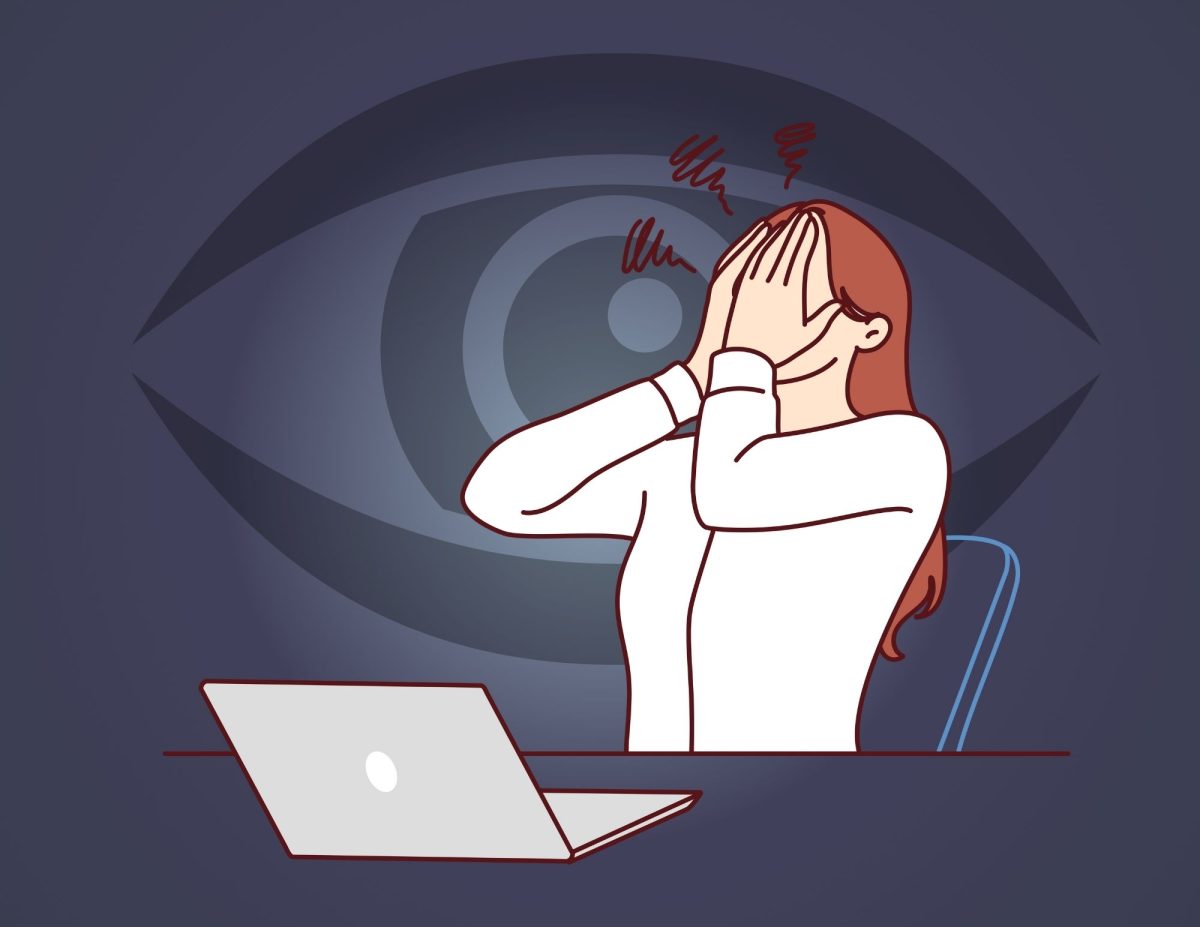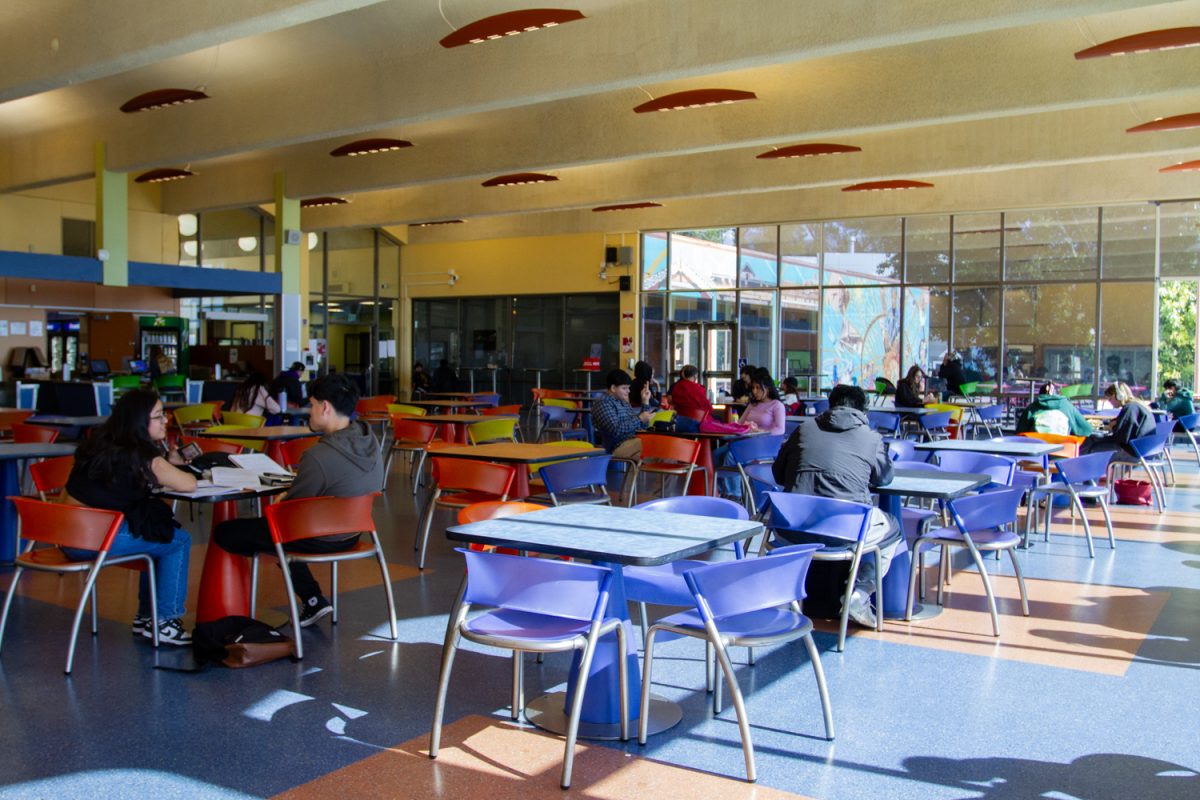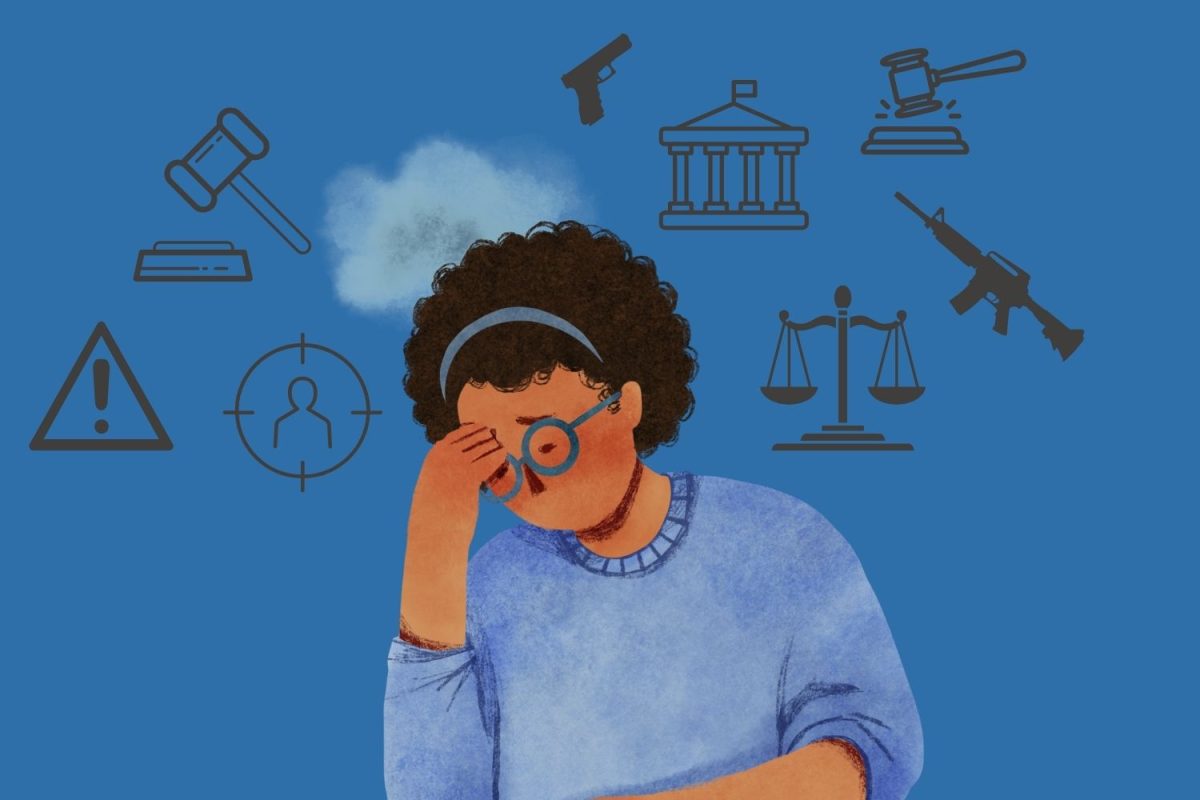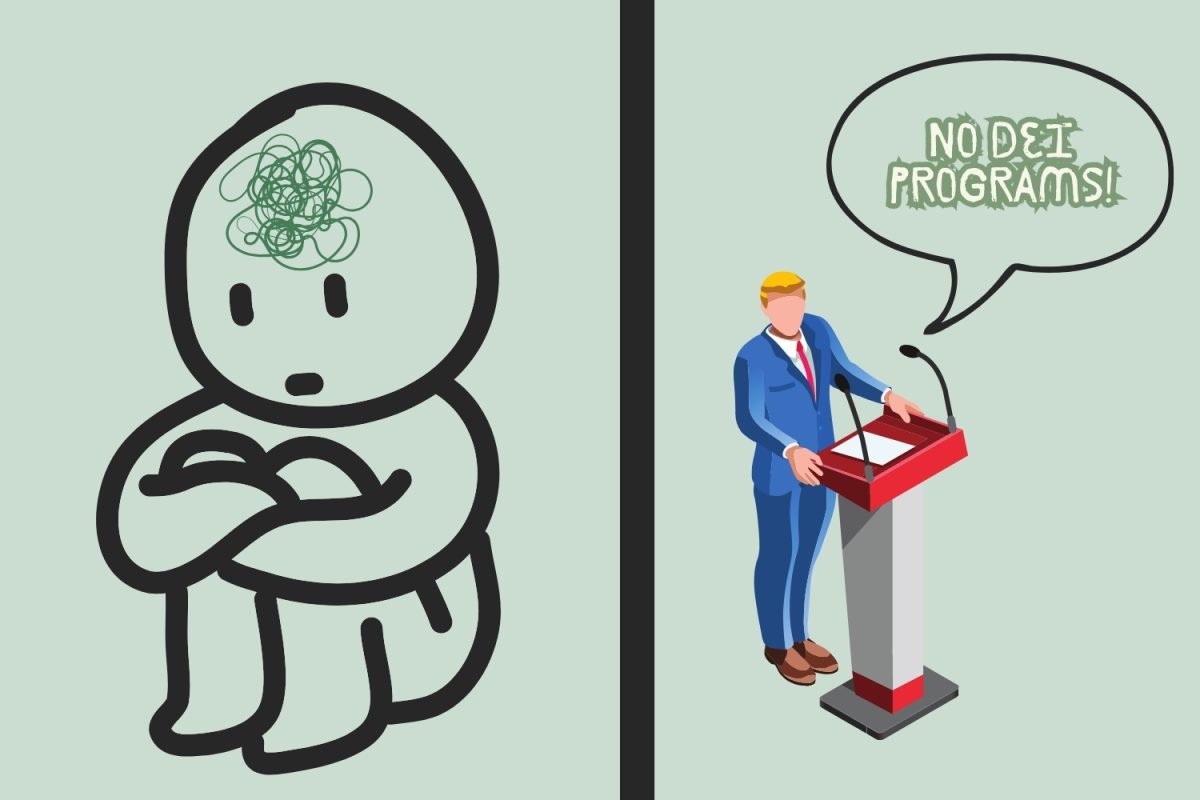At a time where technology is interwoven with education, it remains extremely critical that institutions strike a proper balance between academic integrity and respect for student rights.
Tools like the Respondus LockDown Browser tilt this balance way too far.
The LockDown Browser utilizes facial recognition technology to monitor students and deter cheating during remote exams. It tracks face and eye movement, detects sound in the test takers environment and locks the screen to prevent access to other browsers.
Lockdown browsers require students to surrender an extreme amount of privacy, within our own homes–a reality that proves to be nothing short of Orwellian.
Academic institutions justify the use of this invasive device as a necessary measure to prevent cheating at the cost of students’ trust, privacy, academic performance, and wellbeing. These measures to prevent cheating on tests outside the classroom are not only ineffective but also foster an extremely harmful learning environment in which students are inhibited from their full potential to succeed.
For many online courses, the Lockdown Browser is required for tests and exams–meaning that students must go through a facial recognition test, audio test and oftentimes, prove that they are not cheating by showing their physical surroundings meaning their desk area, and computer screen. Anything deemed “suspicious” by either the lockdown browser itself, or a professor is subject to being reported against the student as a violation of academic integrity. What is considered suspicious can be as miniscule as a student looking down at their hands, looking away from the camera temporarily, or being interrupted by a family member or roommate during a recorded exam.
This is extremely problematic in more ways than one. If a student is anxious and fidgets to concentrate, or a roommate enters the room on a phone call and is speaking in the background, both can be deemed suspicious and unfairly result in punishment towards the test-taking student.
Surveillance software erodes trust between administrators and students. It sends a message that students are inherently guilty and cannot be trusted unless proven otherwise. This psychologically inhibits students from performing to their full potential; creating a stressful and unfair experience for students with test anxiety or students who become too paranoid by the videocam to perform well.
This is not to mention the fact that cheaters will always find a way to cheat. Innocent students become falsely accused of cheating while those who are cheating continue to get away with it. Some teachers take extreme precautionary measures by forcing students to hold their wrists up to the camera to prove they are not wearing a watch, and using a mirror or phone to show the video camera that there’s no sticky notes on an individual’s screen during the exam. However, no matter how many precautions are taken, there are still students who know how to get around this technology–creating an extremely unequitable learning environment.
There are alternatives to foster a healthy learning environment. Research-based projects and oral presentations force students to think critically, and inspire academic curiosity without having to sacrifice our privacy.
This use of invasive technology also sheds light on the lack of in-person proctors available on City College’s campus. A testing center would be extremely beneficial to students given the growing popularity of online courses since the COVID-19 pandemic. Having a designated space on campus for students to take proctored exams would eliminate the need for the LockDown Browser and would instead emulate a traditional classroom test-taking environment.
Students are not criminals to be policed but learners meant to be supported. Academic success should be achievable without sacrificing our privacy. We are meant to be empowered and taught, not surveilled and violated.
















